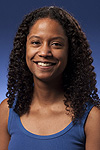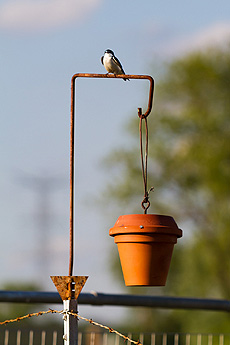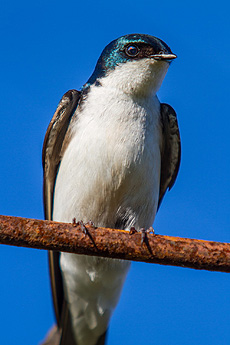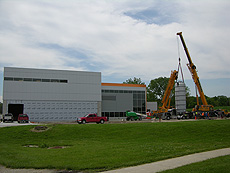Marcelle Soares-Santos wins 2014 Tollestrup Award
 |
Marcelle
Soares-Santos
|
The Alvin Tollestrup Award for Outstanding Postdoctoral Research committee has selected Marcelle Soares-Santos for the 2014 award. Soares-Santos will be recognized at the Fermilab Users Meeting on June 11.
In a statement, the award committee, chaired by Daniel Whiteson of the University of California, Irvine, acknowledged Soares-Santos "for her contributions to the Dark Energy Survey, which span from instrument construction and commissioning to high-level physics analysis."
The Universities Research Association gives out the award every year for outstanding work conducted by a postdoctoral researcher at Fermilab or in collaboration with Fermilab scientists.
Soares-Santos first came to Fermilab as a doctoral student at the University of São Paulo in Brazil. She began working on DES in 2010. During construction of the Dark Energy Camera at Fermilab and its installation at the Cerro Tololo Inter-American Observatory in Chile, her role was to test instruments used in the survey through simulations.
"I think it's rewarding to build things, and I plan to do more of it," Soares-Santos said. "It is something really fascinating to know that there is a piece of equipment out there that is delivering amazing science to not only myself, but to the entire collaboration and the particle astrophysics community."
The camera is now up and running, and Soares-Santos uses it to look for new galaxy clusters in the images.
"Right now I'm producing a catalog that goes to the highest redshifts ever," Soares-Santos said. "It will also be one of the largest catalogs of galaxy clusters published."
Her work also extends beyond the original design of the survey and reaches into new realms of cosmology. She looks for light associated with gravitational wave events. To date, no one has ever observed these events, which are produced from neutron star collisions or collisions between a neutron star and a black hole.
Brenna Flaugher, head of Fermilab's Department of Astrophysics in the Particle Physics Division, recommended Soares-Santos for the award because of these diverse contributions to DES.
"Marcelle is an outstanding postdoc. She was at the controls for DECam's first sky observations," Flaugher said. "Since then, she's been working with the DES data to generate scientific results and develop new ways to understand the formation of our universe."
In addition to the recognition, Soares-Santos said the award has special meaning to her because of its namesake.
"It's a prize named after someone who also has a lot of instrumentation experience," Soares-Santos said. "Alvin is 90 years old. Last year I gave a talk, and he was sitting in the first row, asking questions and testing me. I want to be like that."
—Amanda Solliday
| 



